Related CPD Research Projects
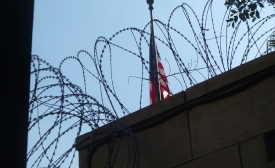
This research project analyzed how U.S. public diplomacy has changed in the wake of the Benghazi attacks and will offer recommendations on how best to carry out core PD outreach and programs.

At the dawn of mass access to the internet some, including Douglas Rushkoff, foresaw that dissident groups would use technological innovation and the networks of our postmodern society in unconventional ways and toward subversive goals. That time has come.

In the midst of what some scholars have called a “global communications arms race” the U.S. House of Representatives is considering legislation to overhaul the structure of U.S. international broadcasting (USIB).
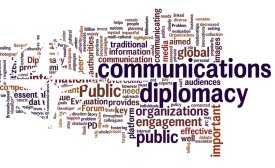
Assessment and evaluation of public diplomacy remains an undeveloped study area. Governments, institutions and international organizations continue to struggle in defining the right approach to evaluate the impact of their programs on their audiences.

The World Expo embodies nation branding in vivid ways. The fundamental goal of nation branding is to achieve differentiation and resonance in the field of national representations. National pavilions, a centerpiece of the World Expo, are branded spaces designed to craft a positive, distinctive identity about a country. They are hence a platform for nations to engage in public diplomacy.
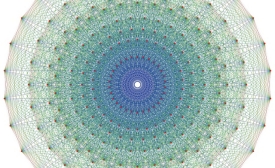
Public diplomacy and nation branding, both rather new, practice-oriented disciplines, suffer from the lack of theory that is needed to optimize either teaching or researching in either component subject. To address this gap, this project will introduce, for the first time, Fullerton’s “Model of Country Concept.”
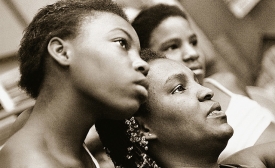
Although there is a burgeoning literature on South-South development cooperation, this scholarship has seldom considered the public diplomacy surrounding these initiatives. This project addressed this gap by analyzing the public diplomacy channels, practices, and discourses of an emerging South-South cooperation provider in Africa: Brazil.
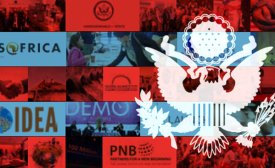
Governments face a lack of resources to meet citizen demands and collective interests at home and abroad. This project is designed to expand efforts to evaluate current policy to engage with and invest in projects with diaspora organizations, aka “diaspora diplomacy.”







